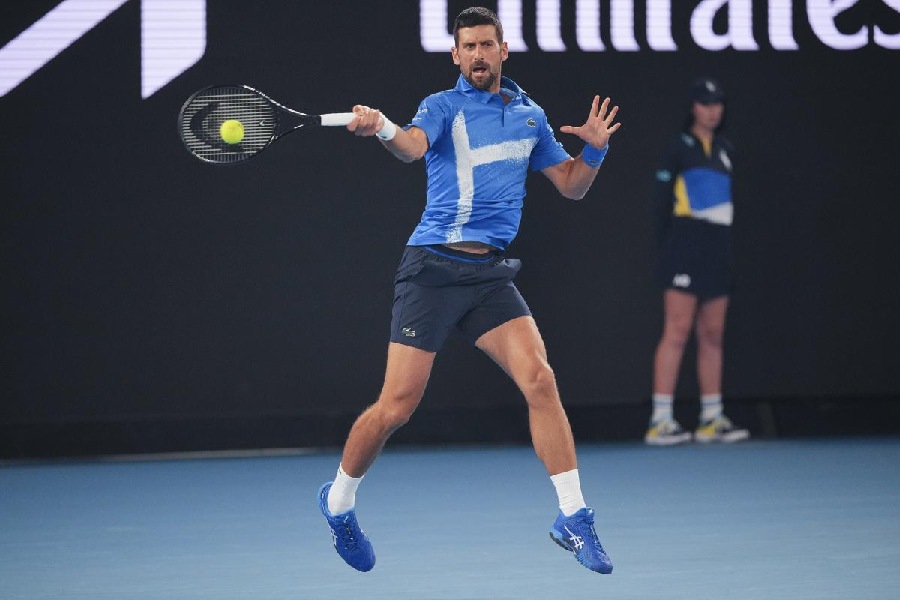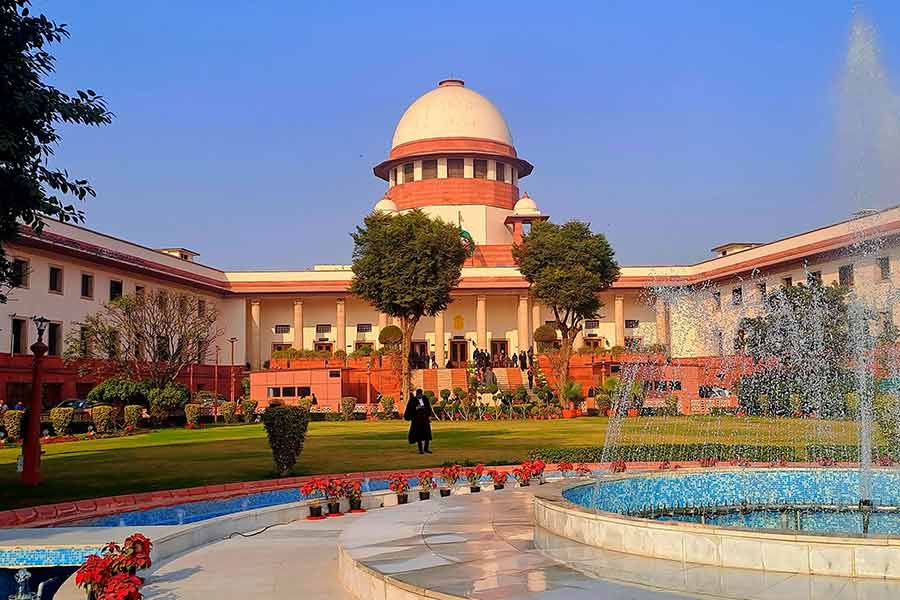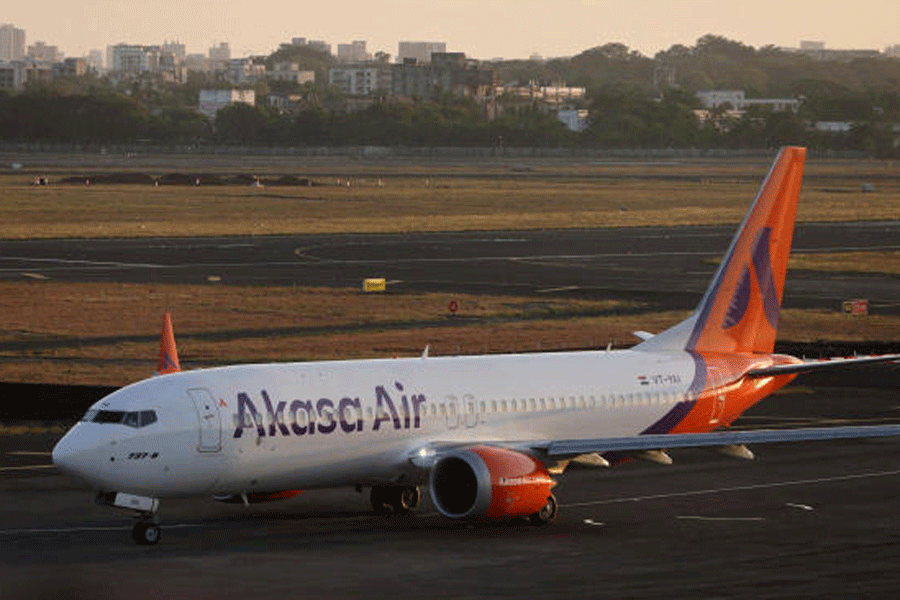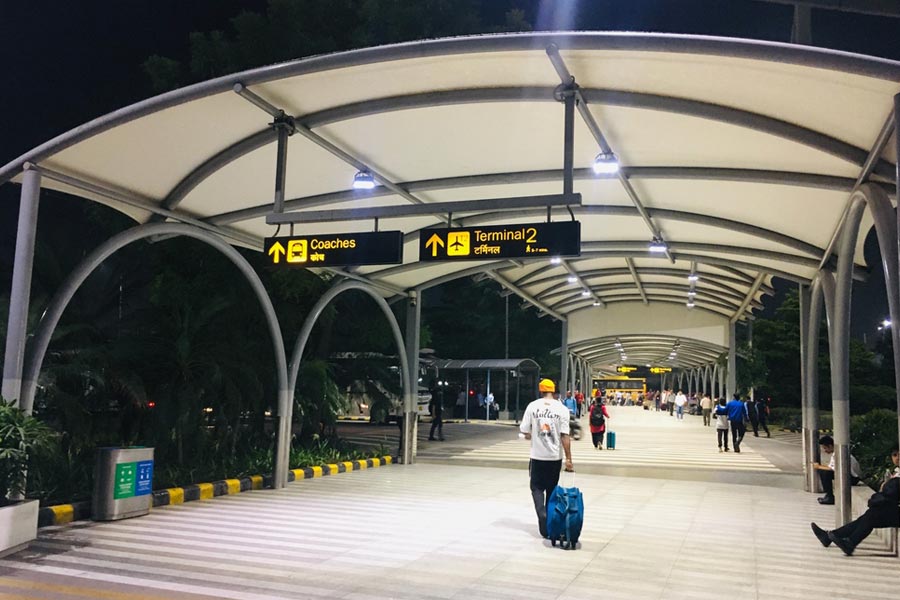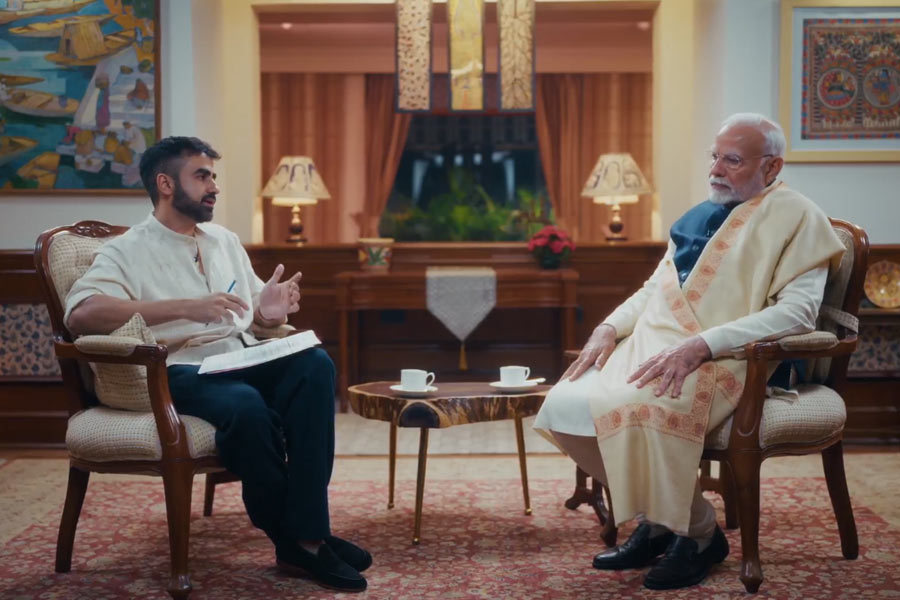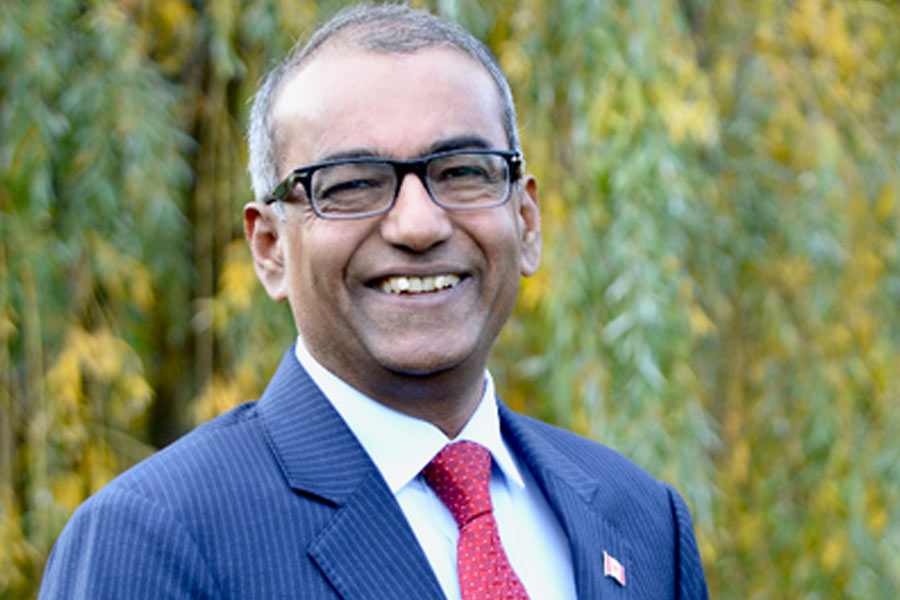The Bengal health regulatory commission’s permission to private hospitals to take deposits for admissions and ask for removal of patients within one hour after a 12-hour window belies its mandate of protecting patients, a senior doctor at the forefront of the Mamata Banerjee government’s fight against Covid-19 said on Monday.
“Saturday’s advisory allowing private hospitals to seek deposits (up to Rs 50,000 or 20 per cent of the estimated treatment cost, whichever is less) during admission defeats the purpose for which chief minister Mamata Banerjee had created the commission,” said the doctor who requested anonymity because he did not want his opinion to be misinterpreted as a sign of divisions or an attempt at building personal popularity.
“The commission’s mandate was to address the grievances of people in distress who had gone to hospitals,” added the doctor, who is part of the chief minister’s core Covid combat team.
“The commission says it’s trying to strike a balance — but is it its job to strike a balance or to give relief to patients at a time Covid-19 has snuffed out livelihoods?
Such regulatory bodies should be treading more carefully while trying to strike a balance between the fleecing of patients and keeping the private facilities viable,” he said.
The doctor said the legitimisation of the “deposit culture” had left him “aghast”.
Retired judge Ashim Kumar Banerjee, chairperson of the West Bengal Clinical Establishment Regulatory Commission, had said on Saturday that the amount had been fixed for the benefit of both the patients and the hospitals.
No response could be ascertained from Banerjee on Monday evening to the doctor’s views as the retired judge had an appointment.
The senior doctor said a fear of having to pay deposits could now give people with Covid-19 symptoms one more reason not to visit hospitals.
Saturday’s advisory said that if a patient was unable to pay the deposit during admission, the hospital should provide “provisional admission and give adequate necessary treatment required right at that moment”.
But if the patient’s family fails to cough up the amount within 12 hours, the hospital “would be at liberty to cancel the provisional admission and ask the patient party to take back the patient within one hour thereafter”.
On Monday, the senior doctor from Mamata’s Covid team said: “This could lead to some hospitals not starting the treatment even for critical patients. If they are put in the ICU and the relatives fail to pay the deposit, the patient can’t (morally) be shifted out. This (clause) might lead to more conflicts rather than solving the problem.”
Some private hospitals, too, have complained about this clause. The CEO of a private hospital said it would be inhuman to remove such patients or have them shifted to another hospital.
A state health department official said the authorities would go through the advisory in detail and then have a discussion with the commission “if necessary”.
Another doctor, a member of the commission, raised similar questions.
He said the commission had on Monday met to hear grievances lodged by patients and their relatives.
“Most of the complaints against private hospitals were about billing. Only a few had complained about medical negligence. This crisis has left people short of cash, and billing is the biggest issue,” he said.
Mamata had created the commission in February 2017 following widespread complaints against private hospitals over billing and treatment.
“(Do) I have to sell my house, land, valuables, everything (for hospital treatment)? Give my land deeds and fixed deposit? Finish my life? It has to be kept in mind that there’s a social responsibility,” Mamata had said.
Apurba Ghosh, senior paediatrician and director of the Institute of Child Health, said the state government should try to ascertain what benefits the private hospitals had received from it while setting up their units.
“Many hospitals got land very cheap or almost free from the government on the understanding that they would treat some patients free of cost. This is the time for those hospitals to do it. The government should ask them why they are not doing so,” Ghosh said.
He said his hospital, run on a no-profit basis, too asks for small sums as deposits from the patients. But if they are unable to pay up, treatment is not stopped.


